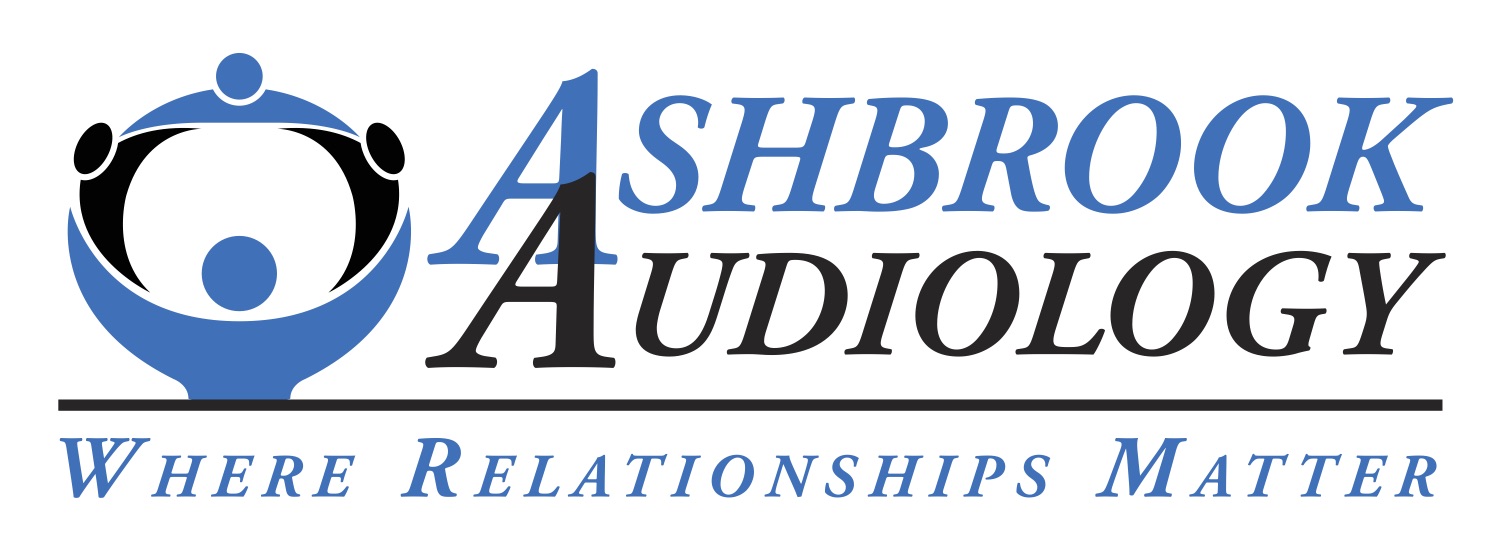In the world of hearing loss, diagnostic tests are essential, offering hearing professionals a precise means to identify the root causes of hearing loss. By gathering comprehensive information about an individual’s auditory health, these tests form the basis for crafting personalized treatment plans to address specific patient needs. Emphasizing the vital role of user feedback in the testing process, it provides valuable subjective insights that complement objective measurements, ensuring the accuracy and precision of the diagnosis.
At Ashbrook Audiology, we are dedicated to taking a comprehensive approach that combines our clinical knowledge with input from our patients. This commitment ensures that our evaluations are thorough, reliable and, most importantly, result in the best treatment outcomes for each individual.
What hearing tests will I complete?
The specific hearing tests we use vary based on a patient’s age, symptoms and other factors like medical history. Our goal with hearing tests is to understand the type of hearing loss you’re experiencing, if any, and what your best treatment option is.
At a minimum, our testing process usually includes pure-tone testing, bone conduction testing and speech testing.
Pure-tone and Bone Conduction Testing
Pure-tone testing tells us the quietest tone that you can hear across different frequencies. Bone conduction testing is very similar, but the hearing professional uses a different type of headset to gather different information. These tests help us figure out if your hearing loss is conductive or sensorineural.
Speech Testing
We also use speech testing to confirm the results we got from your pure-tone and bone conduction testing. A speech test determines the lowest level of sound that you can clearly identify words or speech.
Additional Tests
There are also several additional tests we may recommend, depending on our findings during initial tests. For example, we may perform a physical examination of the ear called an otoscopy to determine the health of the middle ear and canal, among other things.
Alternative Options for Children and Others
We also offer special testing options for children and other patients who aren’t able to actively participate in their hearing exam. These specialized tests give us the details we need to help the patient identify and solve any hearing loss they’re experiencing when traditional methods aren’t applicable.
What to Expect During the Evaluation
An initial hearing exam can feel like a daunting thing, but it’s easier than you think. The entire process will only take around 30-60 minutes. After that, your hearing professional will sit down with you to discuss your results and recommend a course of treatment moving forward, if any is necessary.
This will be your opportunity to ask questions and make decisions about things like a hearing aid. It can be helpful to bring a family member to these appointments to make sure you ask all of the questions that matter to you and retain all of the information you need to know.
